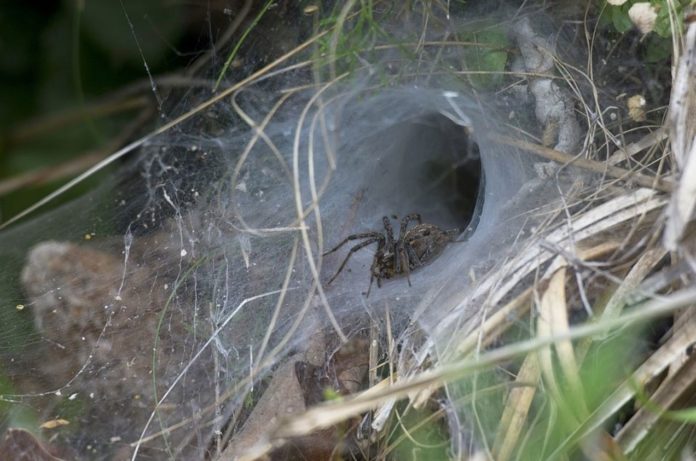The researchers were able to effectively utilise a protein from spider venom on beating human heart cells that had been subjected to heart-attack stressors.
Scientists from Australia have developed medicine based on spider venom that can save the lives of people who have had a myocardial infarction, as well as prolong the life of donated hearts.
As you know, after a heart attack, blood flow to the heart decreases, which leads to a lack of oxygen in the heart muscle.
- Does This Mean We Stopped Being Animal and Started Being Human Due to ‘Copy Paste’ Errors?
- The One Lifestyle Choice That Could Reduce Your Heart Disease Risk By More Than 22%
- Aging: This Is What Happens Inside Your Body Right After Exercise
- Immune-Boosting Drink that Mimics Fasting to Reduce Fat – Scientists ‘Were Surprised’ By New Findings
- Gun Violence in America: What They Don’t Talk About at the Debate
Lack of oxygen makes the cellular environment acidic, and at the molecular level, the body sends a death signal to the heart cells.
For decades, researchers have failed to develop a drug that stops this “death signal” in heart cells.
But experts from the University of Queensland and the University of New South Wales’ Victor Chan Institute for Cardiology Research have found that the Hi1a protein from the venom of the funnel-web spider blocks acid-sensitive ion channels in the heart, preventing the death signal from passing through them.
As a result, cell death decreases, and the survival rate of patients who have had a heart attack increases.
In addition, according to the authors, the drug created on the basis of the Hi1a protein can significantly prolong the life of donor hearts.
“Usually, if a donor’s heart stops beating more than 30 minutes before being removed, the heart cannot be used. Even if we get an additional ten minutes with the new drug, it could literally save the lives of those on the verge of death,” said one of the authors of the study, cardiologist Peter MacDonald of the Victor Chan Institute for Cardiac Research.
According to the authors, the discovery was not accidental.
It builds on earlier work by Professor Glenn King of the University of Queensland, who found a small protein in the venom of the Fraser Island funnel-web spider that markedly improves brain recovery after stroke.
- Does This Mean We Stopped Being Animal and Started Being Human Due to ‘Copy Paste’ Errors?
- The One Lifestyle Choice That Could Reduce Your Heart Disease Risk By More Than 22%
- Aging: This Is What Happens Inside Your Body Right After Exercise
- Immune-Boosting Drink that Mimics Fasting to Reduce Fat – Scientists ‘Were Surprised’ By New Findings
- Gun Violence in America: What They Don’t Talk About at the Debate
Currently, scientists have tested the Hi1a protein on human heart cells, and in the future, they plan to conduct full-fledged clinical trials.
Photo by Wolfgang Kaehler/LightRocket via Getty Images
